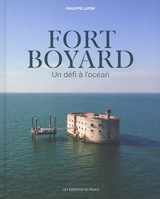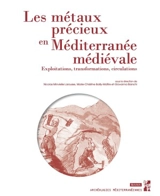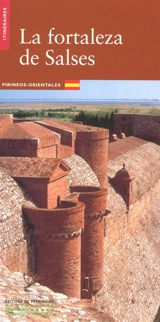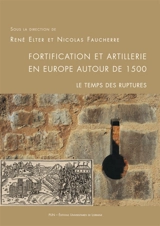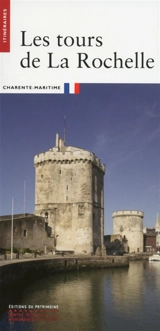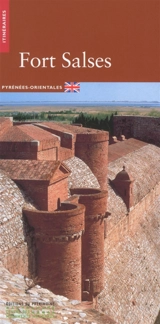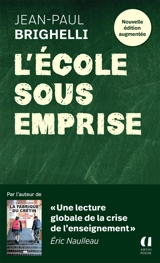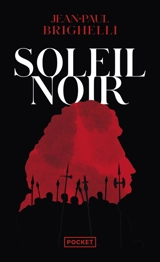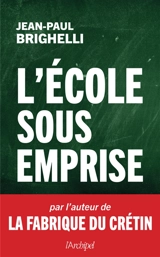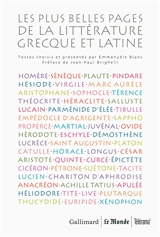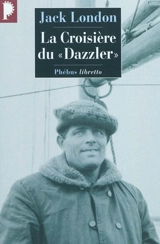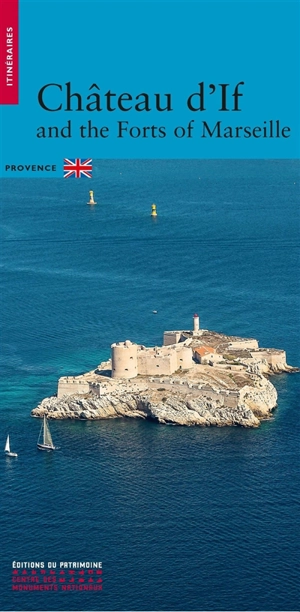
Château d'If and the Forts of Marseille
Nicolas Faucherre , Jean-Paul Brighelli
Versailles, Lyon 2ᵉ, Lyon 6ᵉ...
Ce que dit l'éditeurA focal point of tourism for its panorama over the Marseille roadstead, the Château d'If was built during François I's reign. The inhabitants of Marseille long considered it to be a first, arbitrary attempt by the monarchy to control their formerly independent city, even before the Frioul forts were built by Henri IV and above all Fort Saint-Jean and Fort Saint-Nicolas by Louis XIV. It is a little-appreciated monument, archaic in its still medieval form, but modern in its role in the defence of the kingdom's coastline. Its function as a prison pushed its military role into the shade at an early date: for three hundred years, the castle served as a prison for both the famous and the unknown. Last but not least, since Dumas and The Count of Monte Cristo, it is pre-eminently the site of a literary myth, its identity laden with an imaginary reality. The "Itinéraires" series, designed as a guide for cultural tourism, invites the visitor to discover the highroads and byways of France's national heritage. |
RésuméHaut lieu du tourisme pour le panorama qu'il offre sur la rade de Marseille, le château d'If fut construit sous François Ier. Longtemps les Marseillais le perçurent comme une première et arbitraire tentative de contrôle de leur cité par le pouvoir royal. C'est un monument méconnu, archaïque pour ses formes encore médiévales, mais moderne pour son rôle de défense des côtes du royaume. ©Electre 2025 |
Caractéristiques Auteur(s) Éditeur(s) Date de parution
31 août 2006
Collection(s)
Itinéraires du patrimoine
Rayon
Architecture, urbanisme
Contributeur(s) François Billou
(Collaborateur) EAN
9782858228423
Nombre de pages
55
pages
Reliure
Broché
Dimensions
23.0
cm x
11.0
cm x
0.5
cm
Poids
124
g
|



